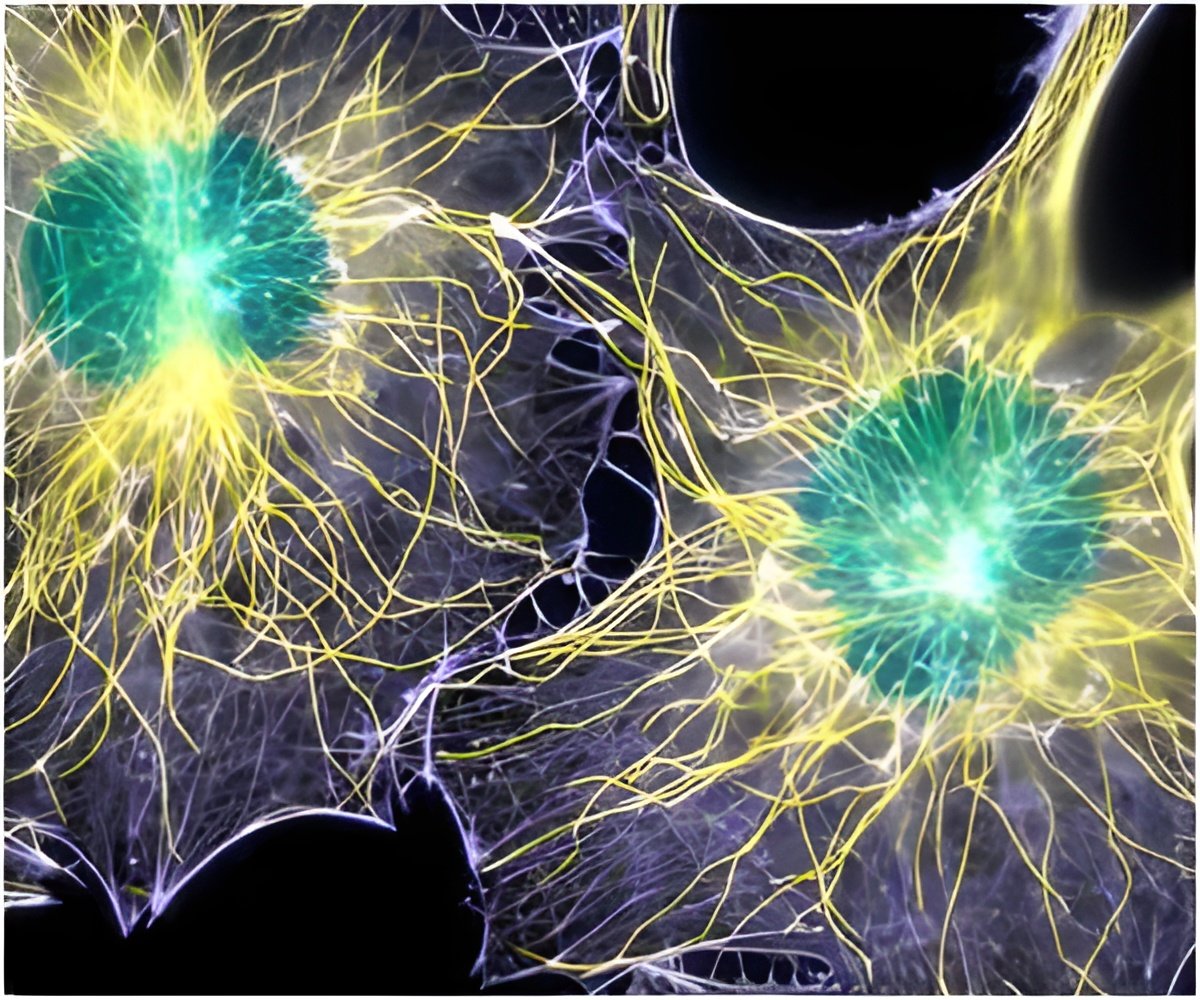
"Among those experiments are the synthesis of new drugs to inhibit pathways that could change the course of a disease," said Arnold Levine, Ph.D., co-author of the study from the Institute for Advanced Study in Princeton, New Jersey.
The research specifically examines the roles of the p53 tumour suppressor and the oncogene, NF-kappaB.
The p53 suppressor limits the consequences of stress by initiating cell death and promoting metabolic patterns in the cell. The oncogene NF-kappaB on the other hand, promotes cell division resulting in the synthesis of substrates for cell division.
These two opposite cellular responses cannot function in the same cell at the same time. So Levine and colleagues speculate that drugs could be developed to take advantage of the fact that if one factor is activated, the other is rendered inactive.
"Our cells use the p53 and NF-kappaB pathways to respond to cellular stress: one controls cancer, the other immunity. If they get out of balance, we're in trouble.," said Gerald Weissmann, M.D., Editor-in-Chief of The FASEB Journal.
Advertisement
The report is published in the October 2010 print issue of The FASEB Journal.
Advertisement














